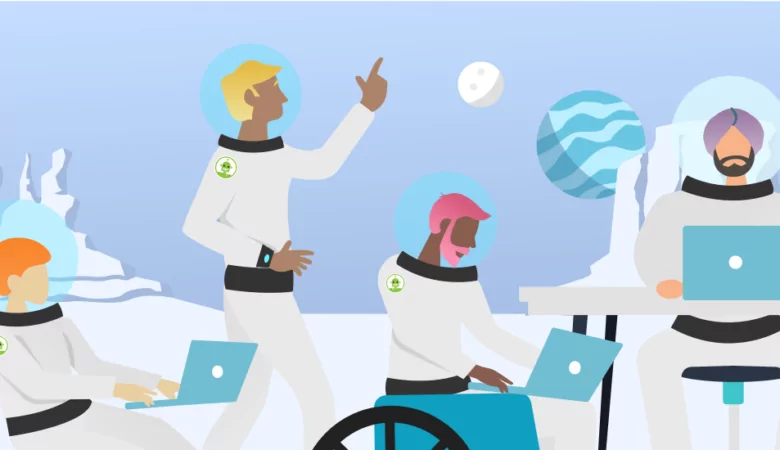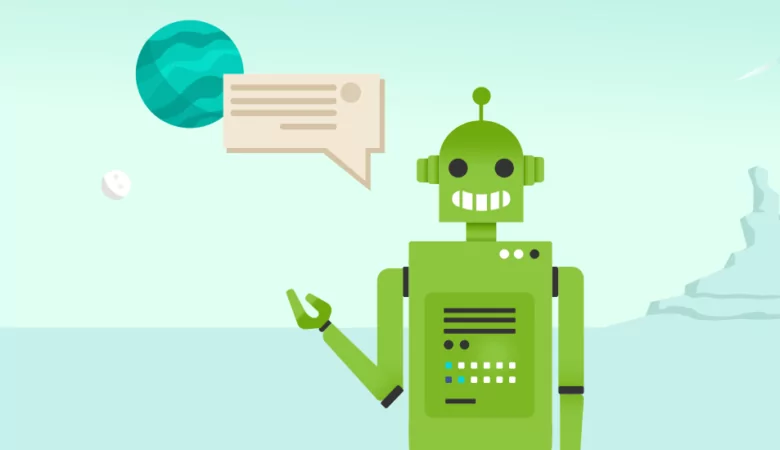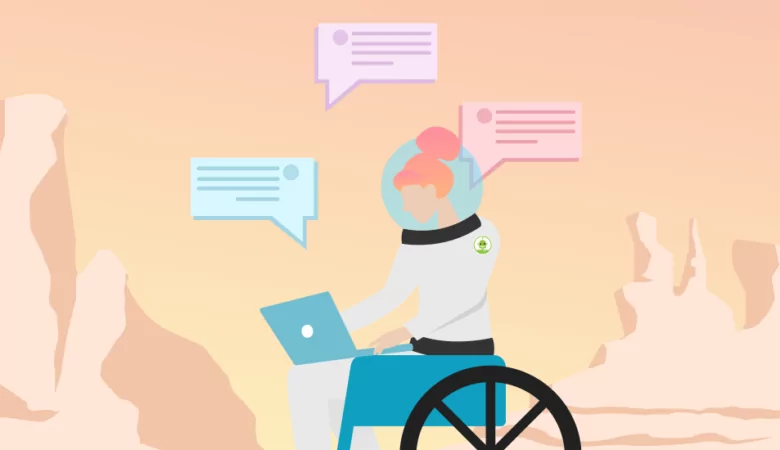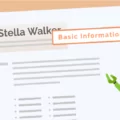These conversation starters will help you to break the ice and get talk flowing around the table at any professional event.

25 Great Conversation Starters for Professional Settings
Conversation Starters
The first time you attend professional events like job fairs and conferences can be daunting, but the right ice breakers can lead to interesting conversations and level up your networking experience. Funny conversation starters and icebreakers are a great way to make the people around you more comfortable and open the way for deep conversations and create the potential for opportunities.
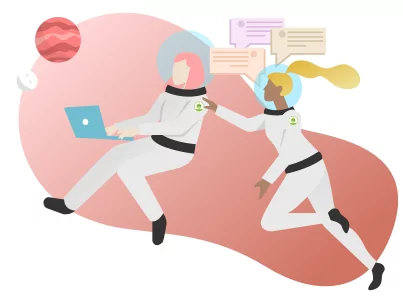
Why Networking is Important
The ability to network is crucial to career development in many different industries. This is because networking is the key to creating friendships, finding mentors, and developing strong working relationships with your peers. If you want to get ahead and develop your skills, then collaboration is all-important. In fact, CNBC reports that 70% of all jobs are not listed on job sites, and as much as 80% are filled as a result of personal and professional connections, i.e., a result of networking. So the right conversation starters at your next conference could have a huge impact on your future.
25 Conversation Starters for Professional Events
The ability to know which icebreakers are the best in any situation is something that develops with experience. There are some conversation topics that are generally not good for any professional setting (for example, religion and politics), but anything to do with pop culture tends to be quite safe. Consider these interesting and funny conversation starters for your next professional event:
- Where is your favorite place in the world?
- What’s the best thing about your current job?
- Would you rather give up coffee or wine?
- What are your top five favorite movies?
- If you could live in any TV show for a day, then which one would you choose?
- When was the last time you went to the beach?
- What was your dream job as a child?
- Do you have a favorite restaurant? (Specify the city you are in if they are a local!)
- Where did you take your all-time favorite holiday?
- What are the top three items on your bucket list?
- What’s the biggest regret of your career so far?
- What’s your favorite thing about yourself?
- Do you still speak to your childhood best friend?
- What’s your favorite food?
- Do you have a favorite sport?
- Do you play any sports?
- What was your favorite subject in high school?
- What’s your least favorite way to travel? Why?
- Do you prefer Netflix or DVDs?
- If you could have one superpower for life, then what would it be?
- What do you think are the best and worst things about social media?
- Do you have a favorite podcast?
- Do you prefer ice cream or cream with chocolate cake?
- What’s your favorite thing to do in your free time?
- What’s your favorite type of music?
These questions will prompt the people you are talking with to open up and get the conversation flowing in fun and interesting ways. The key to a successful event is knowing how to keep the conversation going after breaking the ice.
Five Ways to Keep the Conversation Flowing
Once the conversation starts flowing, it’s important that you do everything you can to keep it going. The art of conversation is pretty simple; you should listen at least as much as you talk, if not more. Here are five ways to keep a great conversation alive once you have broken the ice:
-
Ask follow-up questions.
Once the person you are talking to answers your initial question, it’s a good idea to ask follow-up questions about points of interest in their answer.
-
Focus on mutual interests.
If you can’t think of a relevant question to ask, then you can instead focus on points in which you agree or areas of mutual interest. Delve deeper into these areas, and you will find you have lots to talk about.
-
Keep eye contact.
When you speak to others, it is important that you give them your full attention. Make eye contact to show interest; if people feel that they are getting the best of your attention, then they will open up to you.
-
Practice active listening.
Active listening is an all-important skill that makes people feel like you value what they are saying. You can practice this by giving non-verbal cues and verbal affirmations, e.g., “I see”, “I understand”, or “thank you”. You can also paraphrase what they have said to show understanding.
-
Don’t be afraid of silence.
You don’t always have to fill silence as soon as it falls. Give the people you speak to and yourself time to think before you speak again. This will ensure that you have thoughtful and interesting conversations.
The point of small talk is to make people comfortable and allow them to relax in an otherwise uncomfortable or unfamiliar setting. These conversation skills will stand you in good stead in other situations, too. For example, active listening is a useful tip for job interviews.
FAQ: Conversation Starters
Small talk is a communication skill that puts other people at ease. The ability to break the ice and get the conversation going in a polite and friendly way will help you to make a good first impression on other people.
Though it is beneficial to break the ice with an informal conversation at job interviews, there are some topics that are more appropriate than others. These topics are generally a safe way to get the conversation flowing during your interview:
- Sports
- Recent news (non-political)
- Music
- Art
- Entertainment
It is generally a bad idea to discuss money, religion, politics, private gossip, and sex in a professional setting of any kind. These topics do not make the best conversation starters at an interview or conference.

